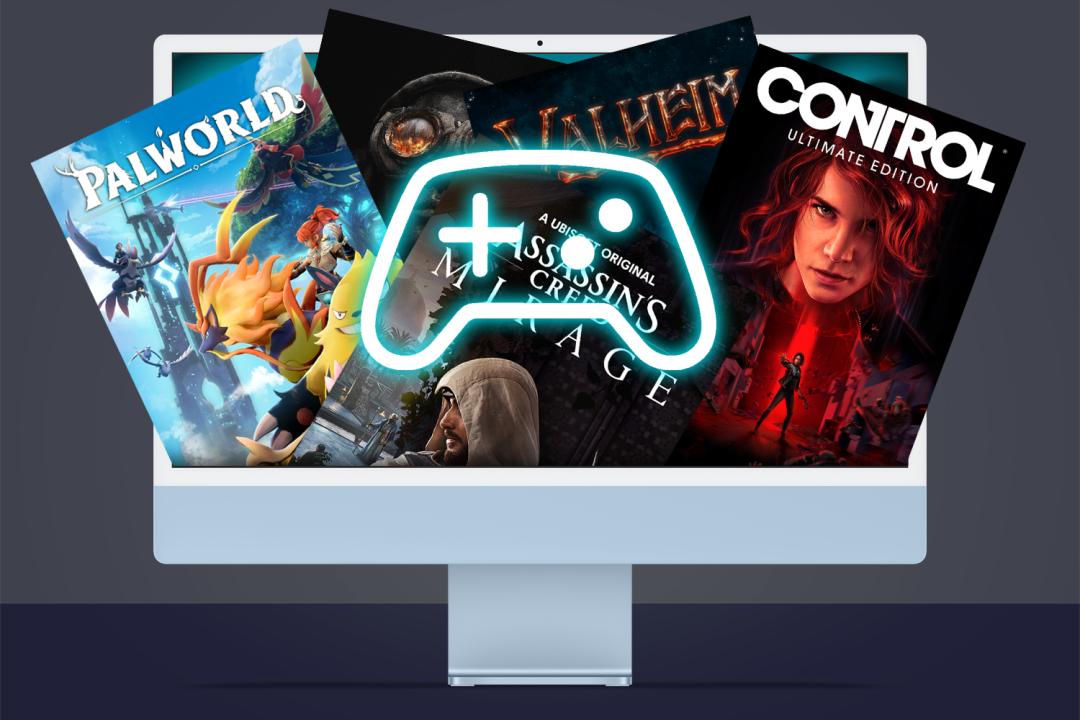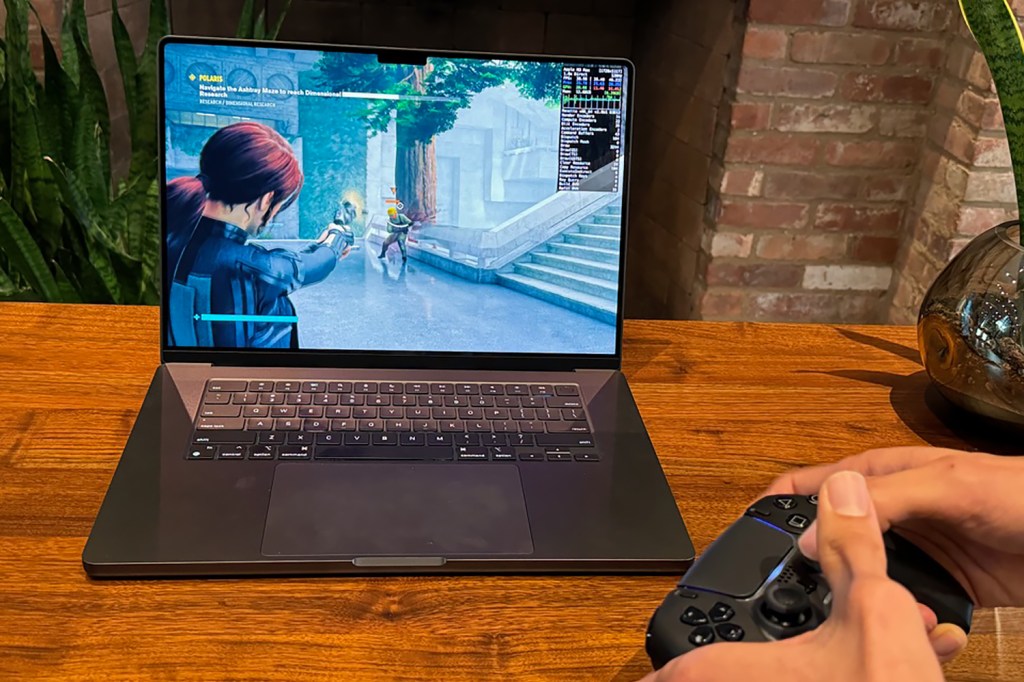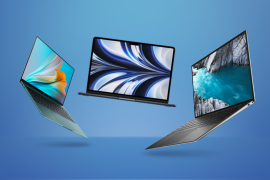Apple says the Mac has become a serious gaming platform: here’s why
Stuff interviews Apple about games, and finds out if Apple Silicon really is a game-changer for Mac, iPad and iPhone gaming

The earliest Macs had games. And gaming is huge on iPhone. Yet too often Apple gives the impression it doesn’t care about – and doesn’t understand – games. Stuff sat down with Apple’s Leland Martin (iOS Product Marketing) and Doug Brooks (Mac Product Marketing) to discover whether Apple’s finally learnt how to ‘think different’ about games – and how its current strategy impacts games on laptops, desktop Macs and mobile devices.
We’ve seen several false starts in Mac gaming. Why will things be different this time?
Leland: We’ve been making significant steps. The real difference is Apple Silicon. Not long ago, our line-up had far more hardware permutations, which made it harder to create games for Mac. Players needed a high-end Mac for AAA games. All that complexity is now effectively gone. Every Mac in our line-up can play high-end games, and developers are creating for a ‘unified’ gaming platform, because iPhone and iPad also use Apple Silicon and share key hardware and software tech. We’re already seeing this play out with games like Resident Evil 4, which wasn’t Mac-first – it came to Mac, iPhone and iPad simultaneously.
How are you making things easier for people who create games?
Doug: When we plan our chips, games are fundamentally part of that design – we look at the impacts and performance uplifts new technology will bring. And because we can quickly roll out new tech across our entire line – from Mac to iPhone – that makes it easier for developers to bring across games and have them scale across all our platforms.
Leland: We also give game creators lots of tools. Game Porting Toolkit 2 helps game creators more easily evaluate Windows games and then convert them to and optimise them for Mac. Based on key learnings when working with companies like Capcom and Kojima Productions, we’ve added example code, to further streamline the process. And new guidelines help developers make games feel at home on the Mac, with great out-of-the-box set-ups that maximise performance for whichever device a game is running on. This means the user doesn’t have to fiddle around. It’s more like a console experience where it just works.
Does that mean you see the Apple gaming ecosystem… like a console?
Doug: It’s that a console is a very ‘single’ platform. Compare that to the PC space, where the number of hardware permutations is near infinite. The Mac has far fewer, which means game creators know what to expect and can tune their games really well.
Leland: Our devices are more in line with console synergies than the traditional PC space. When you look at the pace of performance increases and adding new gaming capabilities, along with tools we’re providing to help people bring games over from different platforms, you can see how the pieces are coming together in a way that hasn’t happened before.
It’s already creating industry-first experiences. There’s no other gaming ecosystem where you can play AAA games like Resident Evil 4 natively on a smartphone, a tablet and a personal computer. We’re entering a world where it’ll be impossible to forget your favourite game – because you’ll already have it with you.

But how much is Apple’s gaming momentum really driven by Mac? Isn’t iPhone still your gaming giant?
Doug: Gaming has always been huge on iPhone and iPad, but Apple Silicon really energised the Mac and the wider gaming ecosystem. There’s huge interest in bringing games to all three platforms.
Leland: And specifically with Windows games, the Mac plays a pivotal role. Our evaluation environment starts on Mac, where game creators explore performance and potential. They can then start work in Xcode and expand to other Apple platforms.
Where does the Mac App Store sit in all this? Isn’t it overshadowed by Steam?
Leland: Developers know their games best. We’re there to help them whatever their decision is. But improvements are coming to the Mac App Store to make it more attractive. It’ll look for significantly less free space to kick off an install. And as of macOS 15.1, you’ll be able to install games larger than 1GB to an alternate disk.

Streaming is gaining traction too, but Apple seems cool on it. Why are you so keen on native apps?
Leland: Native gives you a better gaming experience – you don’t need a network connection, you get better performance, and it uses less battery.
Doug: And you can really take advantage of a platform’s unique capabilities – which for us include amazing display tech for HDR experiences and spatial audio tech. Native is the way to deliver that in full fidelity.
Finally, what excites you most about the future of gaming on Apple devices?
Leland: I’m passionate about the era we’re in, where the traditional gaming rig is becoming blurry. It’s resonating with gamers that you can buy a high-end game once and play it across distinct form factors – be that anywhere on mobile or as a more console-like experience on a Mac.
Doug: For me, it’s the incredible pace of innovation where we can build systems for our users to play the games they want – anywhere, anytime – on their preferred form factor. I think no matter where your interest lies and what your hardware preferences are, Apple now has great offerings for people who play games.



